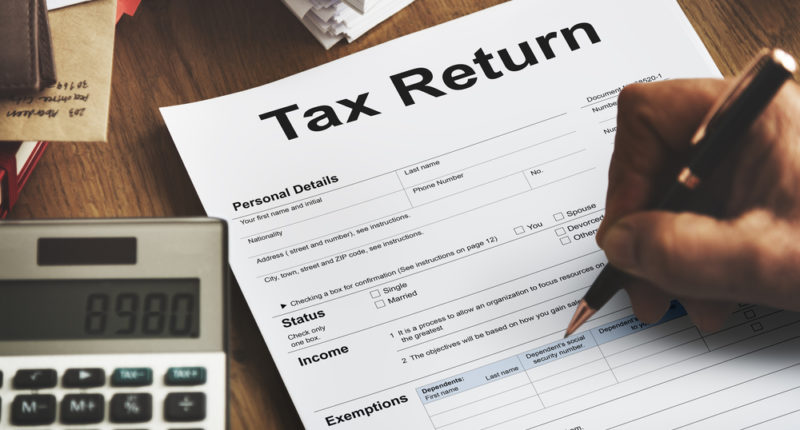The government has proposed filing updated returns for the taxpayers on payment of additional taxes. The taxpayers would fix any omissions or errors in their return by filing an ‘Updated’ return within two years of the end of the relevant assessment year.
Presently, the information given in the original income tax return could be updated by filing the revised return. As per the Income Tax Act, the due date to file a revised return under Section 139(5) is 31st December of the relevant assessment year or the completion of the assessment, whichever date is earlier. However, the taxpayer can now file an updated return within 24 months of the end of the relevant assessment year even if the original, belated or revised return is not filed.
However, a condition is attached to file an updated return, i.e., an additional tax outgo. Hence, in cases where there is a reduction in the total tax liability, adjustment of losses against the income, refund or increase in the refund amount, the taxpayers cannot file updated returns. No such conditions are attached while filing the revised return.
Further, the Finance Bill 2022 states that the taxpayers cannot file the updated return if search or survey or prosecution proceedings are initiated against them during the relevant assessment year. Moreover, the taxpayer is not allowed to file an updated return even if assessment/reassessment/revision/re-computation is pending or completed for the relevant assessment year.
It is important to note that if the taxpayer files a return (updated) for the assessment year for which no original, belated or revised return was filed, he/she should pay the tax due, interest on late payment of taxes and the late filing fee, if not paid.
In addition to tax and interest due on the additional income reported in the updated return, the taxpayer is required to pay an additional tax equivalent to 25% of the tax and interest amount payable when the updated return is filed after the due date of filing the belated/revised return and within 12 months of the end of the relevant assessment year. However, if the taxpayer files an updated return between 12-24 months of the end of the relevant assessment year, the taxpayer would be liable to pay an additional tax equivalent to 50% of tax and interest amount due.
If the taxpayer files a revised return, there is no requirement to pay any such penalty. However, the government is giving an extended timeline to the taxpayers to disclose their income missed to be reported voluntarily.
The government will specify the manner and format in which the taxpayer should file the updated return.
For any clarifications/feedback on the topic, please contact the writer at namita.shah@cleartax.in

I’m a chartered accountant and a functional CA writer by profession. Reading and travelling in free time enhances my creativity in work. I enjoy exploring my creative side, and so I keep myself engaged in learning new skills.





